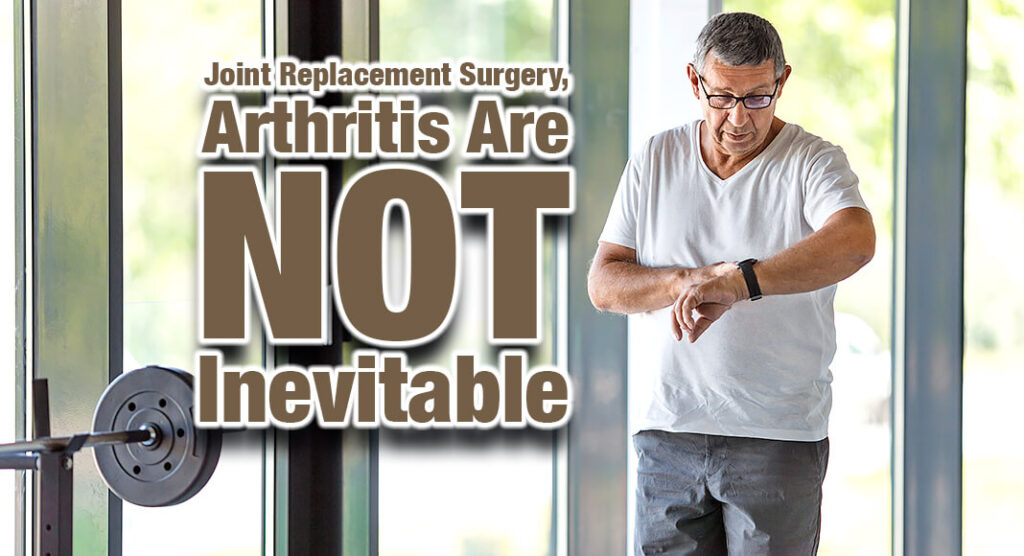
Mega Doctor News
By Mayo Clinic
ROCHESTER, Minn. — Don’t worry about your hips or knees as you age. Arthritis in those joints isn’t inevitable. Keep doing the activities you enjoy. Those hopeful words come from Rafael Sierra, M.D., an orthopedic surgeon at Mayo Clinic specializing in hip and knee reconstruction. Dr. Sierra says there is no need to curtail your activities out of fear that you’ll wear out those joints as you age and need joint replacement.
However, certain conditions, such as birth defects and anatomical issues, may predispose a person to have hip or knee problems. Untreated, hip dysplasia and hip impingement are leading causes of hip replacement in people under 50. Having bowlegs, knock knees — or other structural issues — can hasten the need for knee replacement.
“But it’s not like the rest of us have to be worried and say, ‘OK, at age 50, maybe I should have my hips or knees examined by a doctor,'” Dr. Sierra says. “In general, your body — your musculoskeletal system — will let you know when you have issues.”
There are no preventive screenings for hips or knees, so pain is a major tip-off that trouble may be brewing. Some people don’t even realize they have hip or knee issues until they experience pain doing new activities or movements.
Over the years, innovations in hip and knee implants and surgical techniques have made the operations even more technically precise, Dr. Sierra says. New plastics used in hip and knee replacements are extremely durable.
Changes in anesthesia and pain control techniques have improved the care given to patients before, during and after surgery. More people are having outpatient hip and knee replacement surgery. If you do get a knee or hip replacement, your doctor will likely recommend being conservative with your activities.
Looking ahead, Dr. Sierra says avascular necrosis, or the death of bone tissue, remains one of the unsolved issues in hip surgery, with much research still ahead. Also, research continues into abductor tears or tears of the muscles around the hip. Women are especially prone to this condition.









